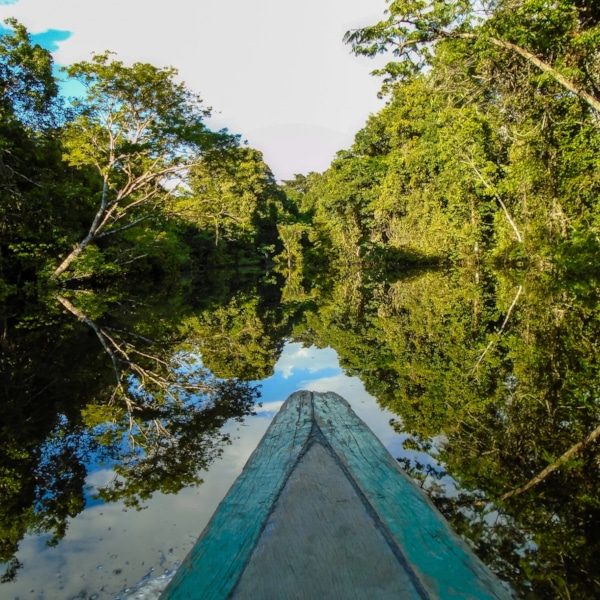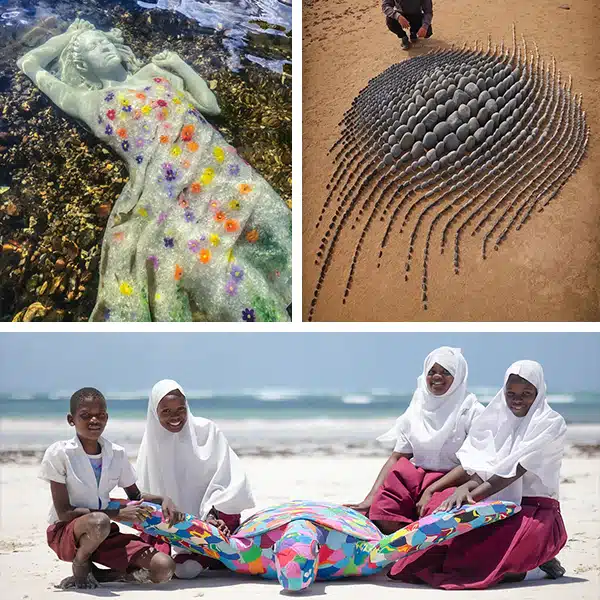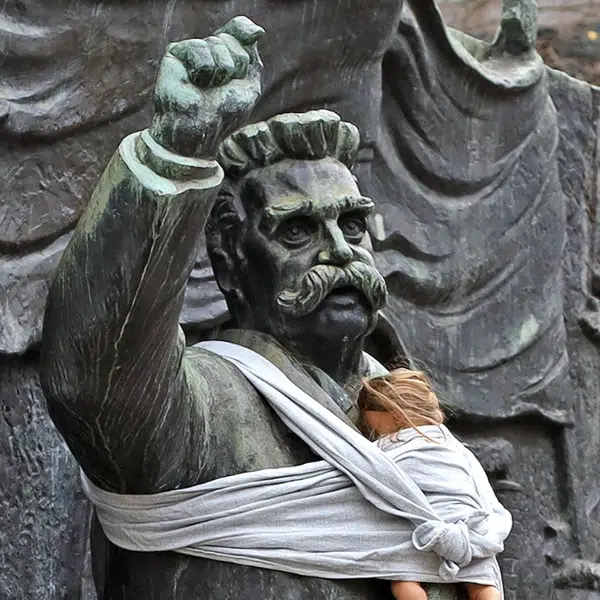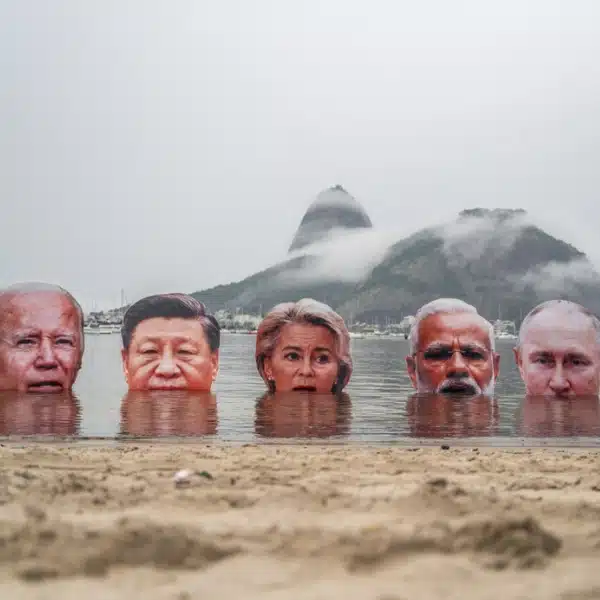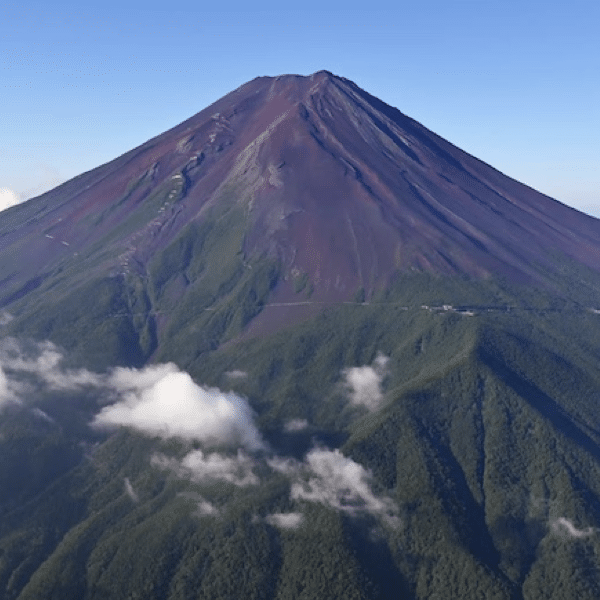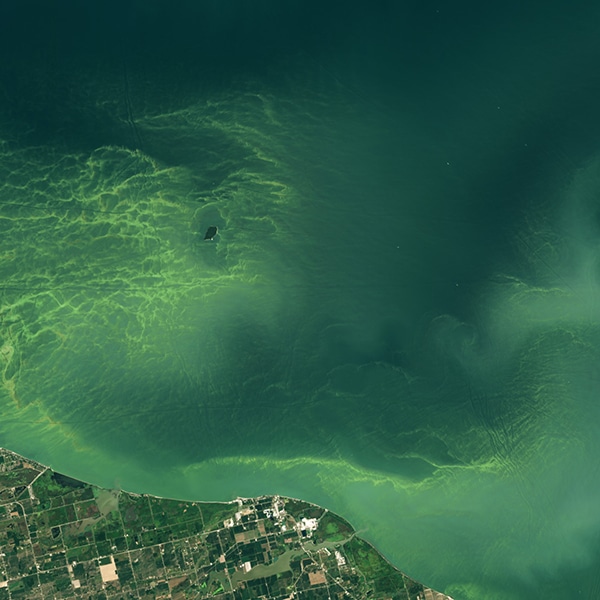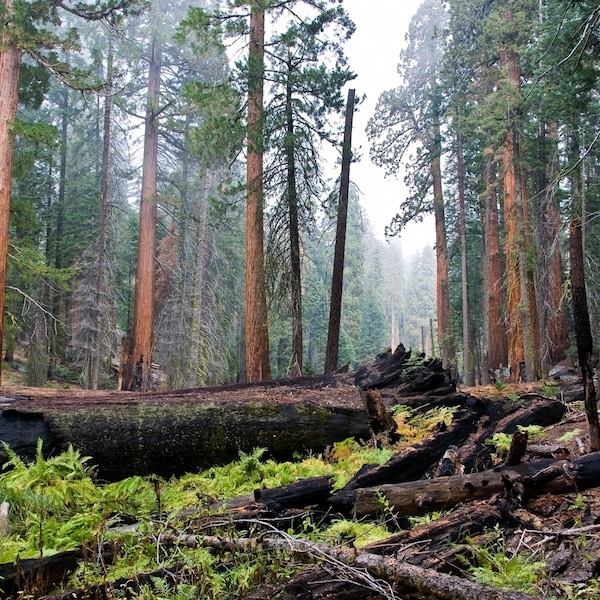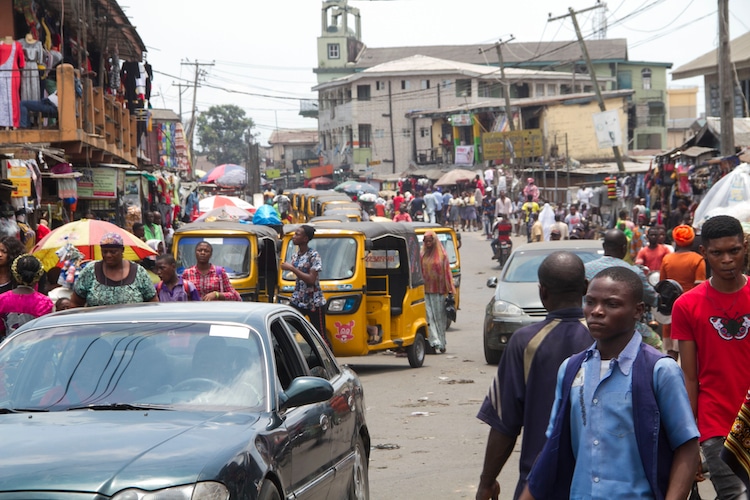
Ajegunle district in Lagos, Nigeria (Stock Photos from Tayvay/Shutterstock)
With three million residents, the Ajegunle district in Lagos, Nigeria is one of the country's most densely populated slums. Its residents struggle to obtain clean water and sanitation, resulting in rubbish that litters the streets. Access to education is also an issue for many families, and they are unable to afford the fees to send their children to school. But with the help of a new grassroots sustainability initiative, these problems are being confronted all at once. Known as the Recycle Pay project, plastic waste acts as currency to allow parents to pay a portion of their kid's school fees.
The organizations African Clean Up Initiative and WeCyclers created the Recycle Pay project and partnered with the Morit International School in Ajegunle to make it happen. They've made it easy for parents to take advantage of this initiative. They simply need to bring a bag of plastic waste to a facility and have it weighed. The weight is then translated into a monetary value and deducted from the fees owed to the school. It's a positive outcome for everyone—the environment is a little bit cleaner and there’s less financial hardship on the family.
Parents are thrilled with the arrangement as it ensures that their children can continue their education. “I struggle to pay for school fees, sometimes I pay half the price and later pay the remaining balance,” explains parent Sherifat Okunowo to the BBC. “But with the introduction of this project, the plastic has made it easy for me to pay school fees.” The school’s principal echoes this sentiment. “It has really reduced the burden on parents,” he says. “We now collect fees faster—the school wins, the children win, the parents win, everybody wins.”
In Lagos, Nigeria, parents can pay for part of their children's school fees by collecting plastic waste. It's called the Recycle Pay project. Learn more in the video below.
h/t: [Reddit, Global Citizen]
Related Articles:
Groundbreaking Solar-Powered Classrooms Provide Cost-Efficient Education Spaces in Kenya
Artist Paints 55,000 Square Feet of Grass Using Biodegradable Paint
Inspiring Educator from Small African Village Wins $1 Million for Being World’s Best Teacher











































































